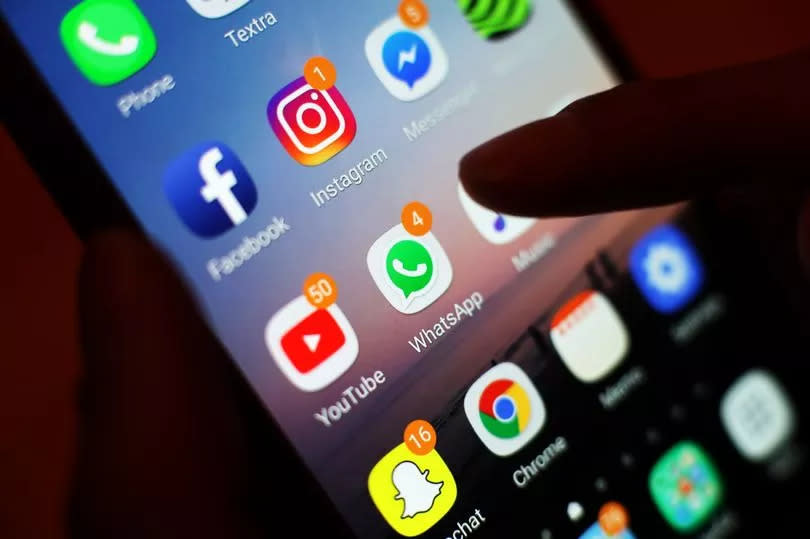Martin Lewis issues 'don't ignore' warning over text message sent to thousands

Consumer finance guru Martin Lewis has warned people not to ignore an important text from the Metropolitan Police, even if they do not live in London.
Scores of people have been targetted by scammers recently, amid a wide rise in fraud and identity scams that totalled a £2.3 billion loss in the past year. The text from the London-based police force has been sent to 25,000 people they believe could have been victims of a "phishing attack."
Speaking on X, Martin Lewis said: "If you got a text from the Met Police today or get a letter over next few days, DON'T ignore it (even if not in London). It's likely a warning your data may've been harvested by fraudsters."
READ MORE: WhatsApp users issued 'nasty' warning as scammers 'taking over accounts'
Tens of thousands of people are thought to have been the victims of a sophisticated fraud scheme that creates websites nearly identical to those of banks, healthcare providers, and courier services. Once they have got you to enter your information into what looks like a legitimate site, your online security and identity have been compromise.
Police have now shut down many of these sites and are contacting people to let them know that their identity has been compromised. If you receive a text or letter from the Met Police saying this, you will need to change all of your online passwords right away, check your debit and credit cards for strange activity, and be extra cautious of calls and messages from numbers you do not know.
Martin Lewis' Money Saving Expert has advice on how to identify if the text came from the Met Police or not:
Texts and emails were ONLY sent between 4pm and 6pm on Wednesday 17 April. If you receive a text or email outside of this window claiming to be from the Met Police, it could be a scam and should be ignored.
Letters were posted first-class on Wednesday 17 April. So you may have received one today (Thursday 18 April) or may get one over the next few days. Again, be very wary of anything you receive outside this window.
The text, email or letter will say which website scammers impersonated to get your details. The fraudulent website may have looked like a company you recognise – such as your bank, mobile phone provider or another trusted organisation – and would have encouraged you to enter personal information, such as your email address, phone number or bank details.
Genuine texts and emails from the Met will NOT contain any links or attachments. If you spot these, don't open them as they could be fraudulent.
If you think you are being scammed, hang up the phone immediately and independently search for your bank's contact details to inform them (for example, call the phone number on the back of your card or on your bank statement). Alternatively, call the 159 hotline.
If you have already been scammed and have lost money, contact your bank (again, by independently searching for its contact details). It is helpful to report the scam via Action Fraud to help the police investigate and prevent future scams from taking place.

 Yahoo News
Yahoo News 
